What your food cravings say about your health
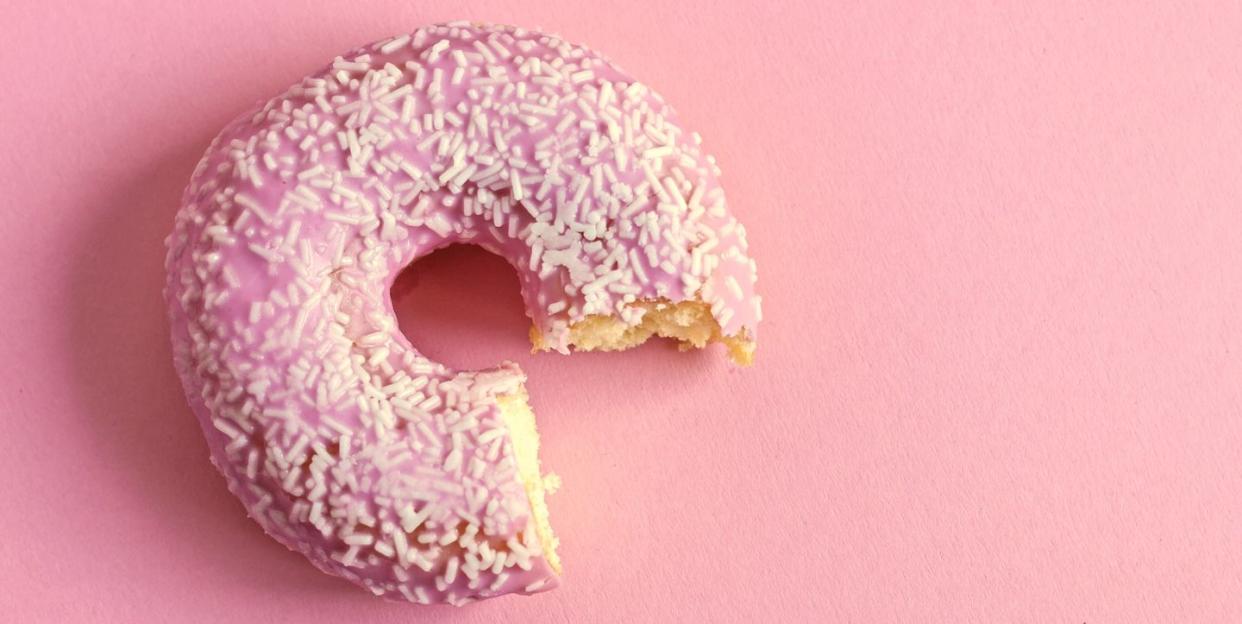
Food cravings. We all have them; whether it’s an uncontrollable craving for a salty bag of crisps or the overwhelming desire for a chocolate bar at 3pm, it's hard to stop thinking about that one thing you really fancy.
But if you have a reoccurring craving for a particular (usually unhealthy) food, it could be your body’s way of telling you something’s a little out of sync inside. We spoke to dietitian Jo Travers BSc RD MBDA - also known as The London Nutritionist - to get her take on what food cravings for salt, fried foods, chocolate and more might
1. Craving salt
"Salt - or sodium - is needed for muscle function among other things in the body. For the vast majority of cases, a salt craving is merely a just a preference in the moment for something savoury and is absolutely nothing to worry about," the dietitian tells Cosmopolitan.
Occasionally, a salt craving may be your body's way of "trying to correct an imbalance of the mineral in the body, like dehydration or electrolyte imbalance, for example. These can both be caused by vomiting and diarrhoea or excessive sweating," adds Jo.
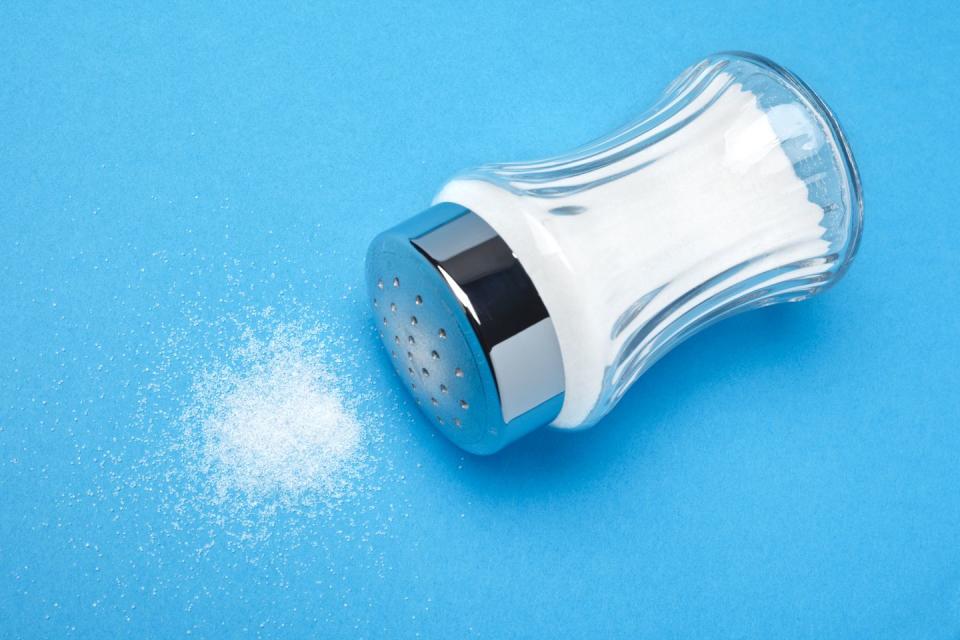
2. Craving sugar and sweets
We all know we have too much sugar in our diets, but when you’re desperate for a mid-morning doughnut just to get you through to lunch, it may be a reflection of your blood sugar.
"Sweet cravings are most likely to be because of low blood sugar," suggests the dietitian. "Sugar, or carbohydrate, is the most efficient way for your body to produce energy, so when you are low in energy you may crave carbs - or something sweet. The trouble is, that when you reach for a sweet snack, it can then make your blood sugar spike, which is then followed by a sugar crash, triggering another sweet craving."
To avoid this happening, the expert suggests trying to eat "slow release carbs regularly through the day to keep blood sugar even. If you do have something sweet, try to have it as part of a meal so that the sugar enters the bloodstream more slowly which will reduce the risk of a sugar spike."
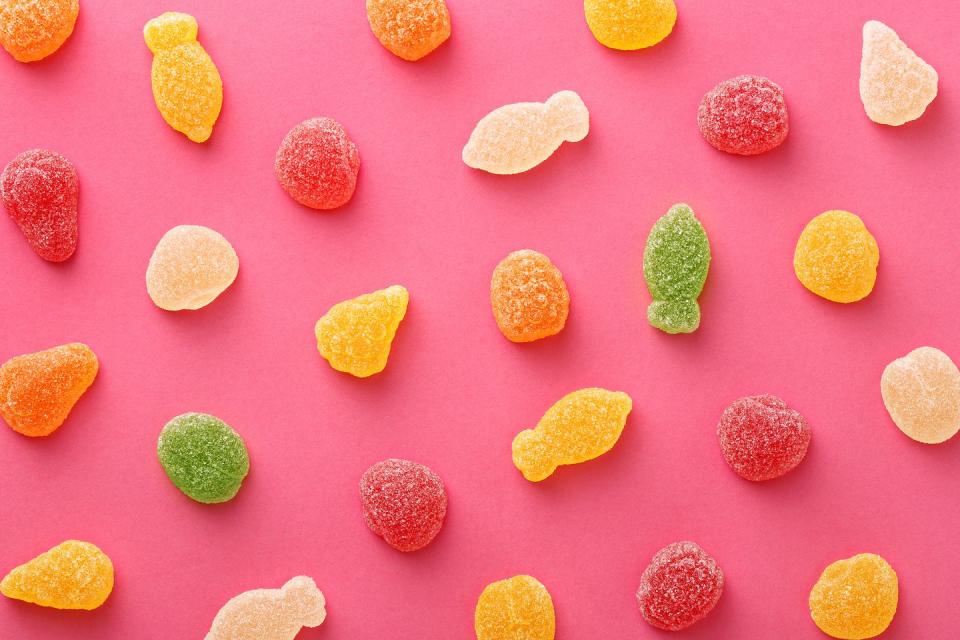
3. Craving chocolate
"It's often said that a chocolate craving signifies a magnesium deficiency, however there is very little evidence that supports this. Although chocolate does have magnesium in it, there are other foods that are much better sources," reasons Jo. Alternatively, the dietitian believes that craving chocolate may, too, reflect low blood sugar because "it is high in energy".
A need for chocolate could be an indicator of stress, The London Nutritionist suggests. "Chocolate has a lot of fat in it too, and the combo of sugar and fat make it taste amazing, but these two nutrients, from an evolutionary perspective are beneficial for survival, so we may seek them out in times of stress. A chocolate craving is probably more to do with how delicious it is, but it may be that you need a bit stress management too," she notes.
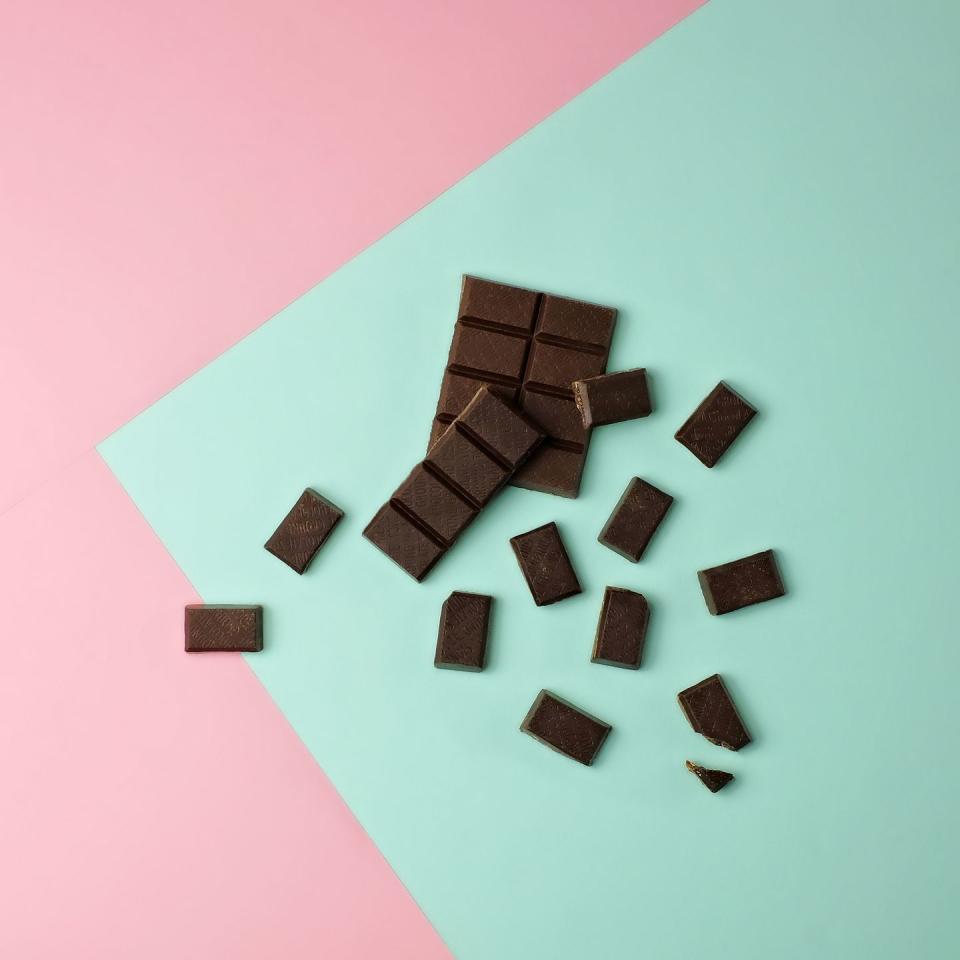
4. Craving carbs - bread, pasta, potatoes
Aside from the fact carbohydrates often equal comfort food, Jo suggests a craving for them might be yet another indicator of low blood sugar. "Carbs equal energy so a carb craving is usually because of low blood sugar. Cravings mainly occur when people try to cut out or cut down on carbohydrates, leaving the body in need of some quick energy," the expert says. "Aim to include a fist-size portion of starchy carbs like rice, pasta, bread, potatoes etc with each meal.

5. Craving cheese
Who doesn’t crave a nice hunk of mature cheddar every now and again? But if it’s more than an occasional desire, is it a sign of something going on within?
"Cheese is a great source of protein and calcium, but it isn't the only food to contain these things so it's unlikely that a craving is seeking to correct a deficiency in either of these," says The London Nutritionist. Instead, "hunger is likely to be the main trigger for a cheese craving, although it might be a craving for salt rather than cheese per se [which you can read about above].
"It is also high in fat and has a fairly unique 'mouth-feel' which together combine to have a nice taste in the mouth that is very satisfying." So maybe you just... really like cheese 🤷♀️.

6. Craving red meat
Again, while it's commonly suggested a craving for red meat might mean you're harbouring a deficiency in iron, the dietitian clarifies, "there's no evidence that a craving for red meat indicates any nutrient deficiencies."
"However, we are programmed to want variety in the food we eat including taste and texture. There's very little else that can give the texture of a slice of roast beef and if you eat red meat infrequently it may just be your body just reminding you about variety."
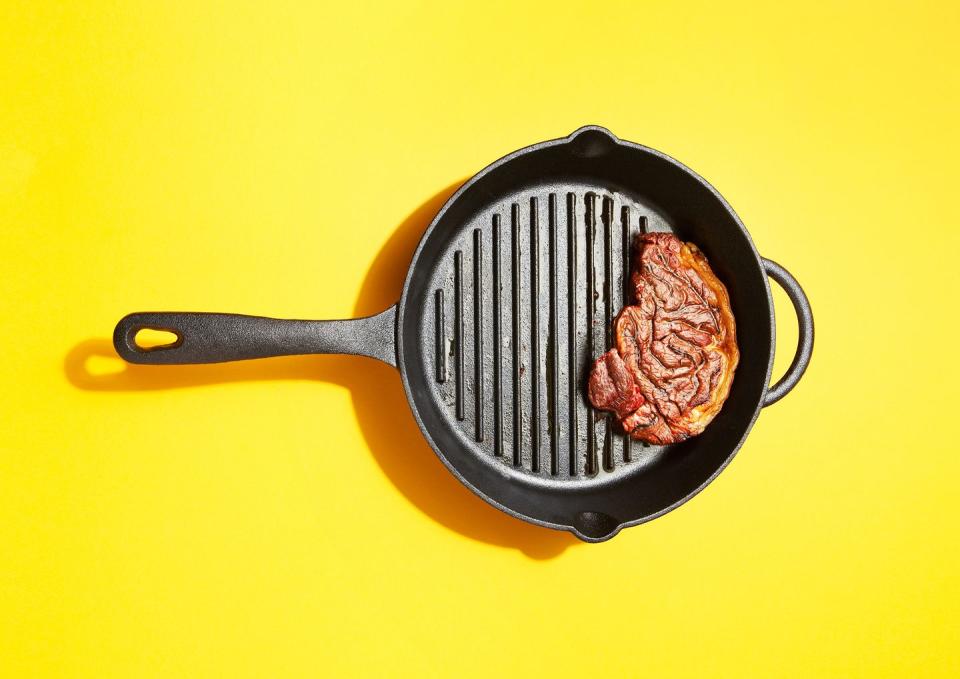
7. Craving tea and coffee
We’re a nation of hot drink lovers, just ask our poor dentists. And, according to Jo, there are a couple of reasons why we might crave tea or coffee. "The first is hydration. We need 2-2.5l fluids every day and that includes fluids from tea and coffee. If you aren't great at drinking water but you have plenty of hot drinks, it may be your body just needs the water.
"The other main reason is caffeine. Not everyone is susceptible to caffeine addiction but for those that are, withdrawal can mean low energy and headaches and a craving may be a bid to correct this," the expert says. Try to recognise if you're experiencing a caffeine addiction, and gradually lower your intake if so.

8. Craving fatty or fried foods
If fish’n’chips Friday is turning into a daily affair, it’s time to look at your diet. "These kinds of foods aren't exactly healthy for us and a lot of us try to avoid eating too many of them," notes the dietitian. But if you're craving them, the reason why might be more psychological than physical.
"A craving for fatty foods may just be a kind of emotional release from the restriction - we always want what we can't have," she points out. "Having said that, if we have eaten a lot of low-fat, low-calorie food, there may be a biological drive to seek out some calorie-dense, high-fat food."

The London Nutritionist, Jo Travers BSc RD MBDA is a registered dietitian.
You Might Also Like


